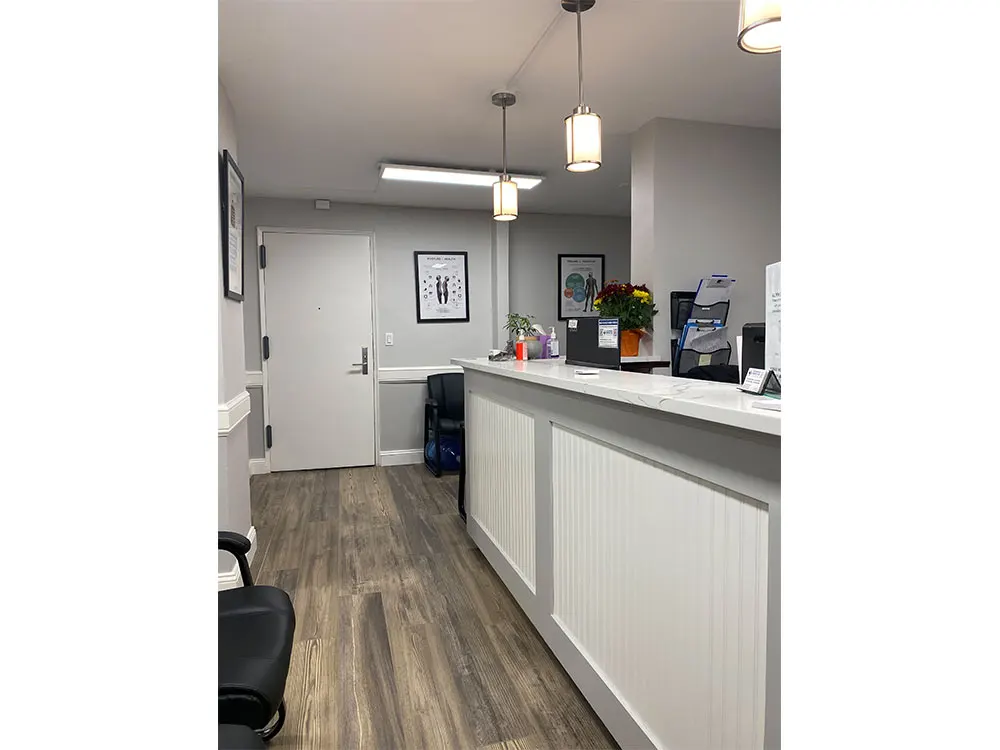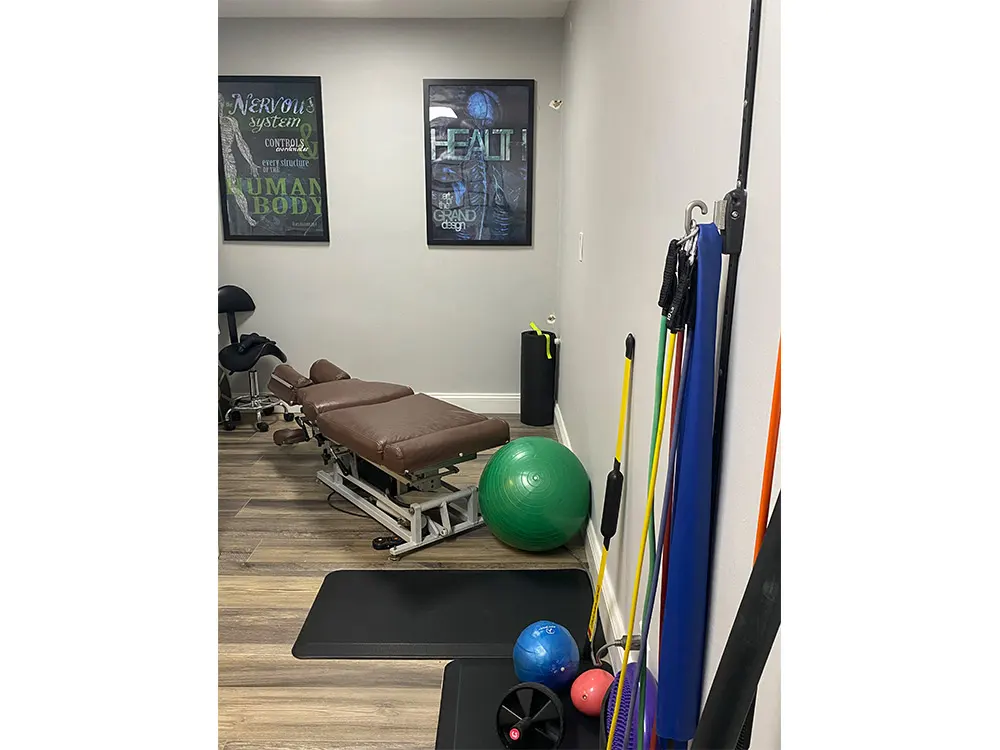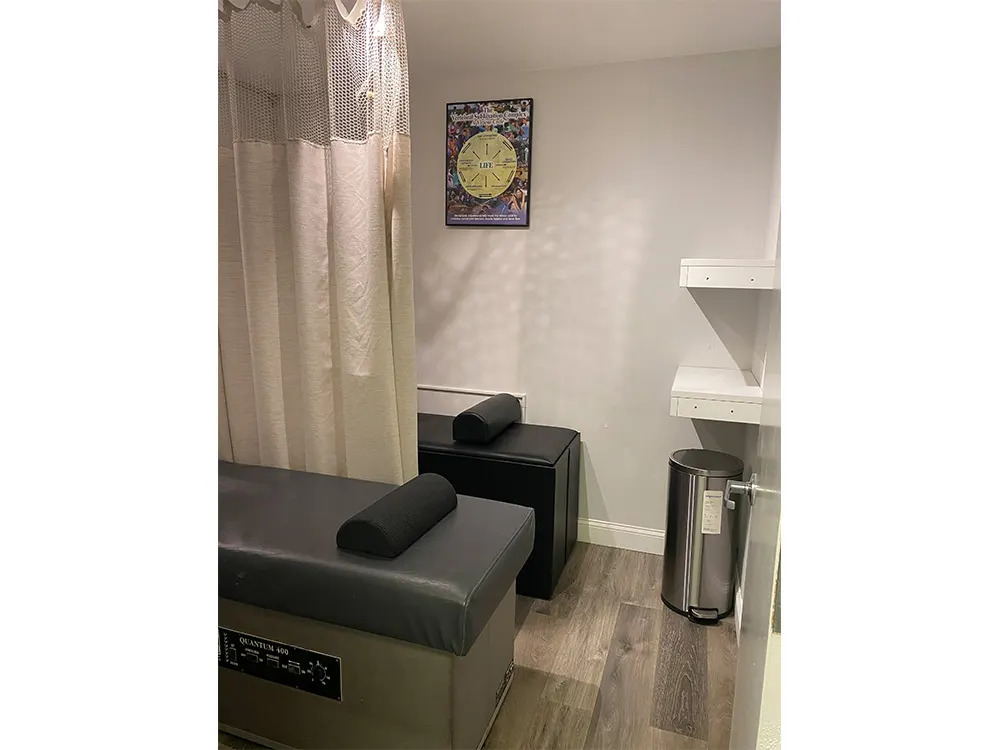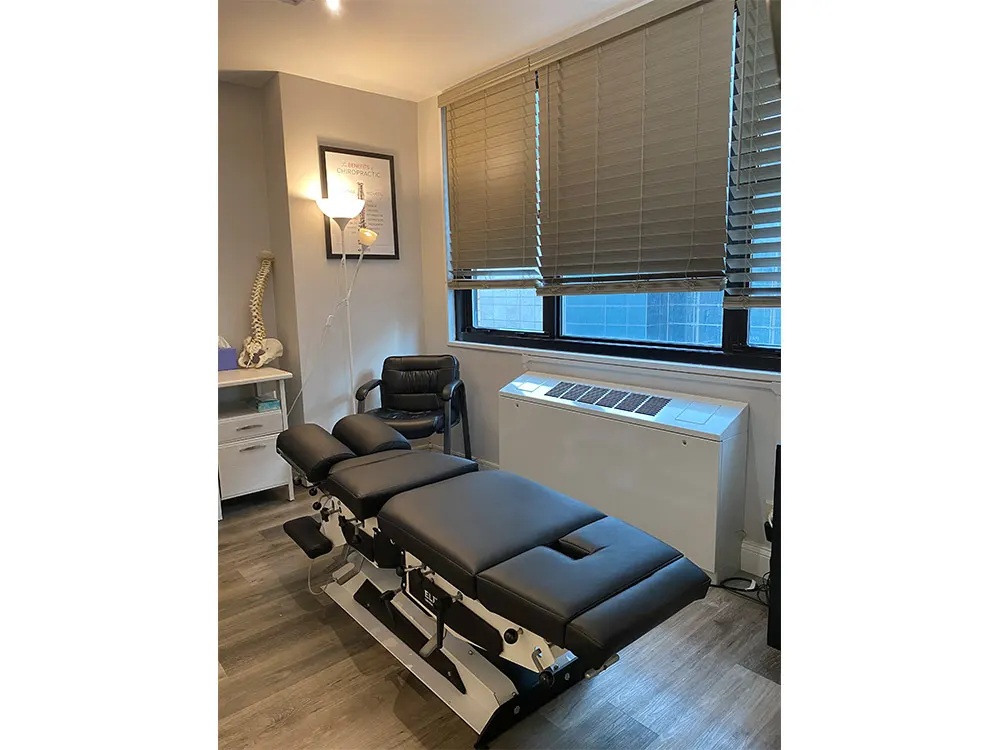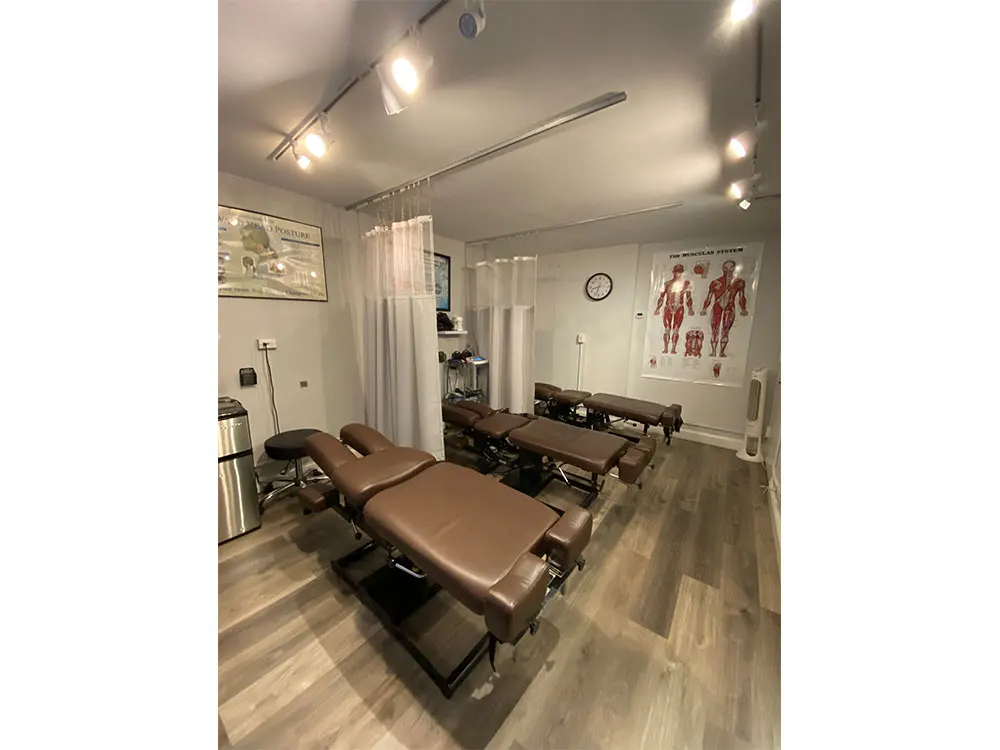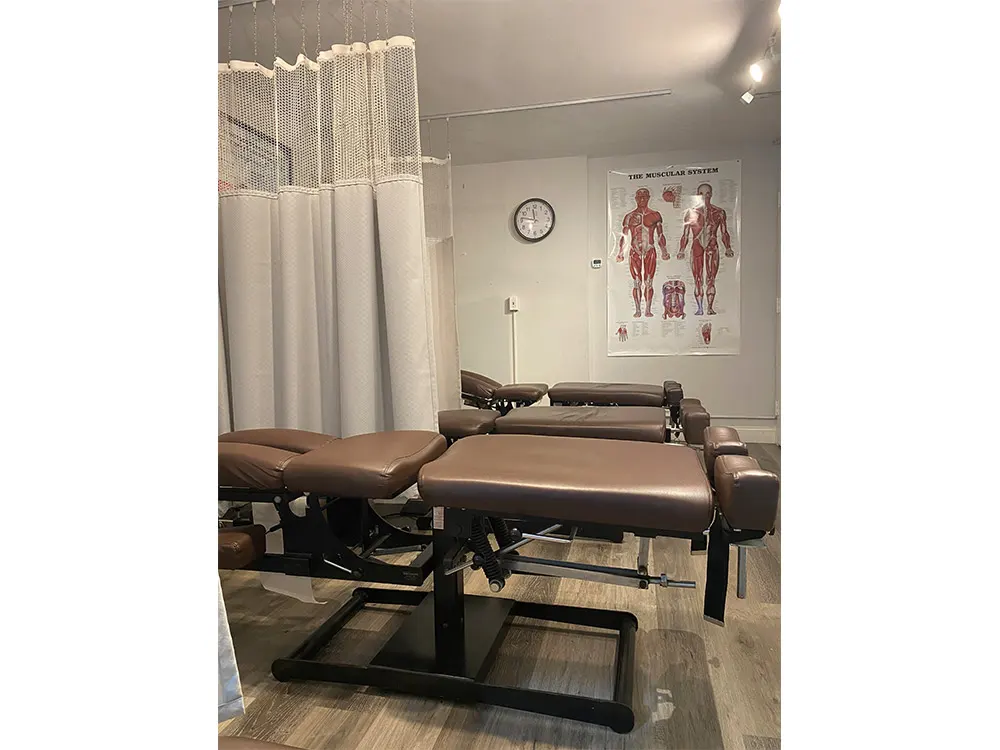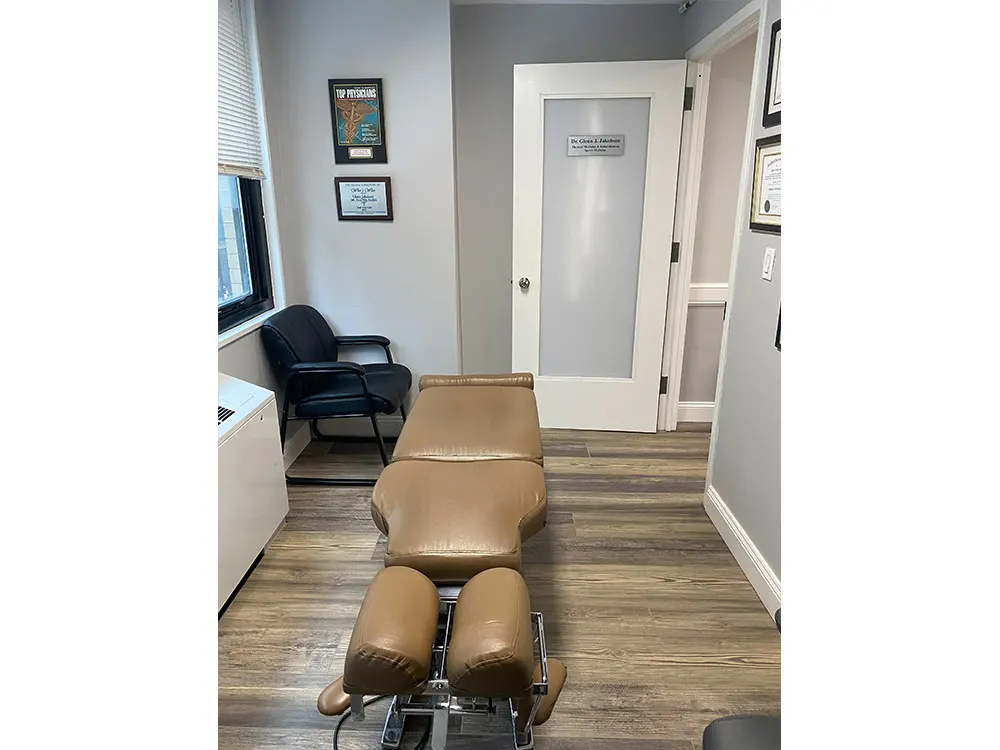Chiropractic Care for TMJ
Conveniently located on 58th Street in Manhattan, New York City

If you experience pain and discomfort in your jaw on a regular basis, you may have TMJ. TMJ stands for temporomandibular joint disorder, and it impacts a lot of people. Here are the signs and symptoms of TMJ and how Chiropractic treatment may be able to help.
What is TMJ?
TMJ is a disorder of the jaw muscles and nerves caused by injury to your temporomandibular joint, which is the connection between your jawbone and skull. An injury in this joint can lead to pain with chewing, clicking of the jaw, swelling of the face, nerve inflammation, headaches and teeth grinding. You can even have trouble with the Eustachian tubes, which are tubes that lead from your ear to your throat.
Risk Factors for TMJ
TMJ has several risk factors, a few which may surprise you. First, poor posture in your neck and upper back can lead to neck strain which can then lead to jaw muscle malfunction. Stress can also impact TMJ, because it increases muscle tension and jaw clenching. Overtime, this can lead to dental issues as well. It turns out that women ages 18 to 44 have the highest risk of getting TMJ and if you have any other chronic inflammatory disorders it can also increase your risk.
Causes of TMJ
Though it’s not exactly known what causes TMJ, several common things have been observed in people with the disorder. Some causes may include misalignment of the teeth or jaw, teeth grinding, excessive gum chewing, and overall high stress in someone's life.
Symptoms of TMJ
The main symptom of TMJ is pain in your jaw joint. The pain can involve your ear, face, eye, neck and forehead. You may also experience popping or clicking of the joint, crackling in the ears, a sense of fullness in the ears, ringing or popping sounds, headaches, blurred vision, tight or stiff jaw & neck muscles, shoulder pain and locking or dislocation of your jaw.
Diagnosis
To diagnose TMJ, the chiropractor will examine your jaw and may ask you to perform some tasks as they monitor the joint. They can also look for signs of inflammation or abnormalities in the joint and surrounding muscle. If they diagnose you with TMJ, then treatment may include chiropractic manipulation, massage, special exercises and/or hot/cold compresses. Depending on the severity of the condition, the doctor may refer you to a dentist or orthodontist to help treat you in tandem.
If you are experiencing any symptoms of TMJ, talk with the chiropractor about it. They can definitely help to identify the problem and make life a little easier for you. Consider getting treatment from the staff at West Side Comprehensive Chiropractic. Our dedicated caregivers will be pleased to answer your questions today. We can also help you schedule a time to visit our Upper West Side Manhattan office.
Call Us: (212) 765-6470
Email: frontdesk@drwatins.com


